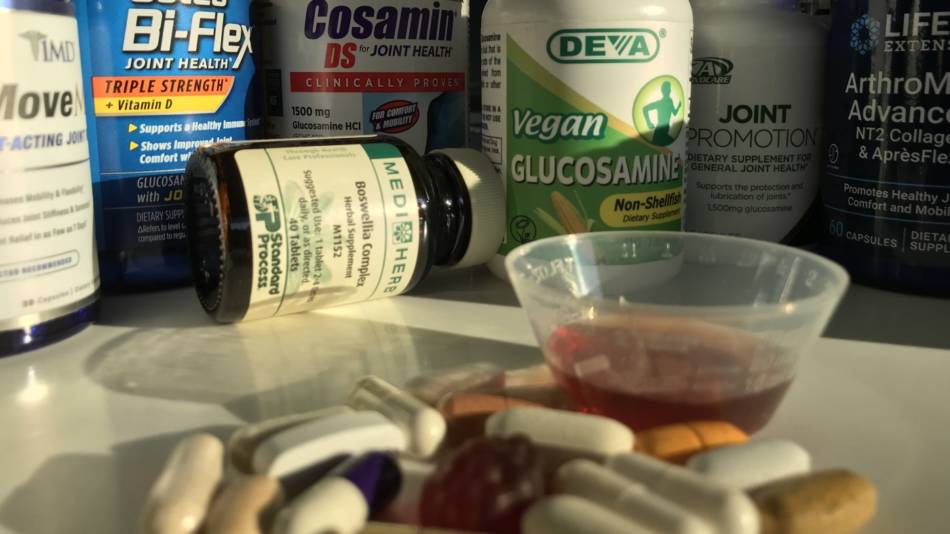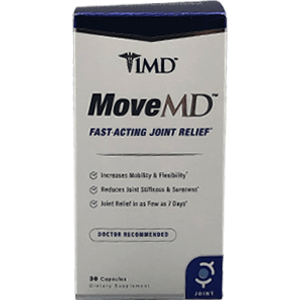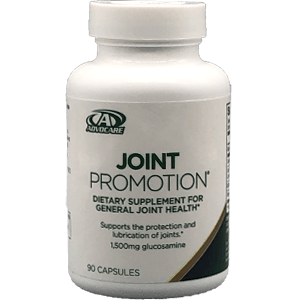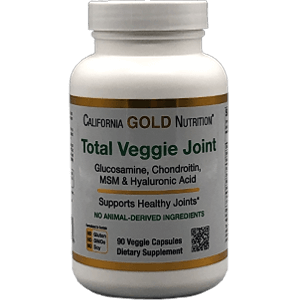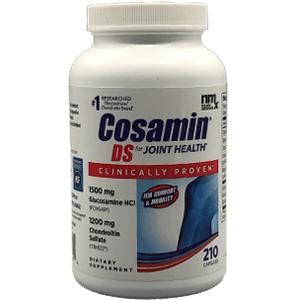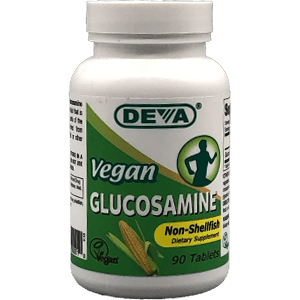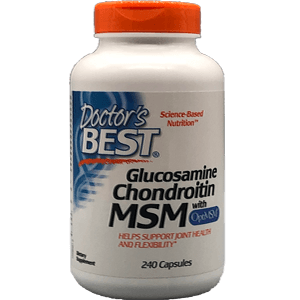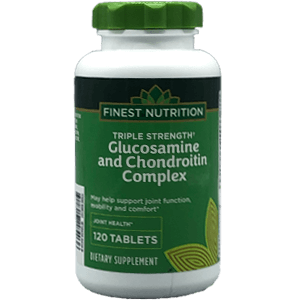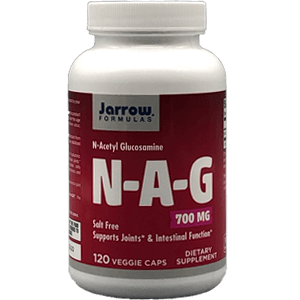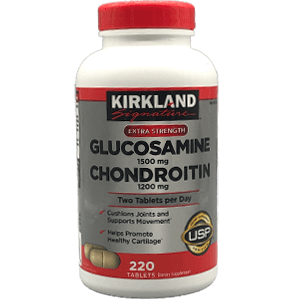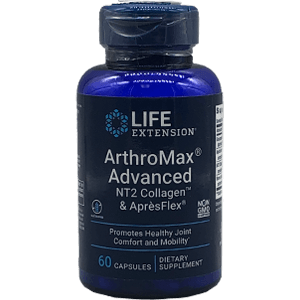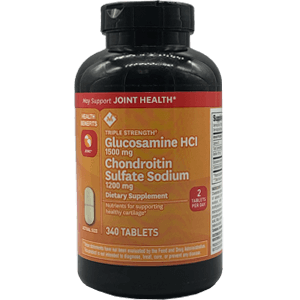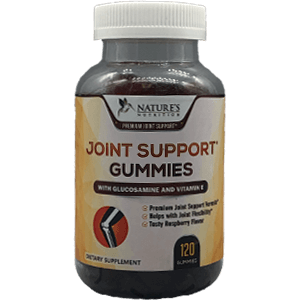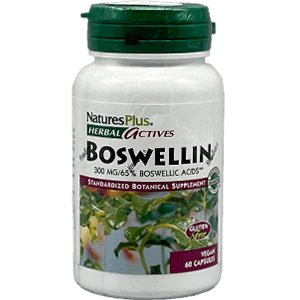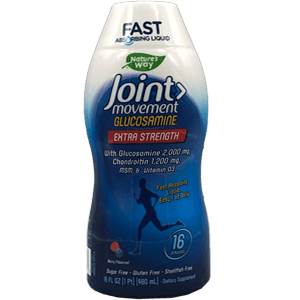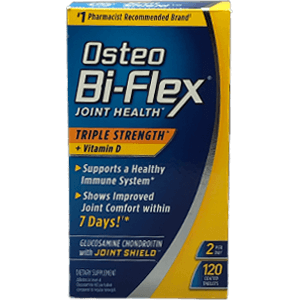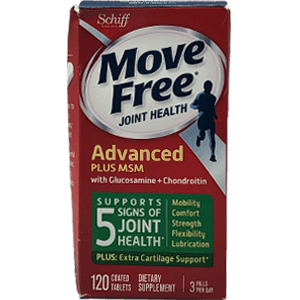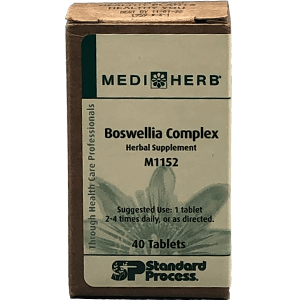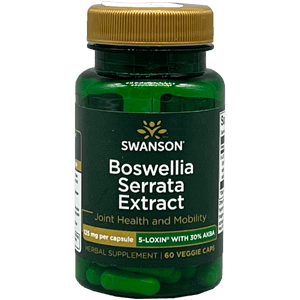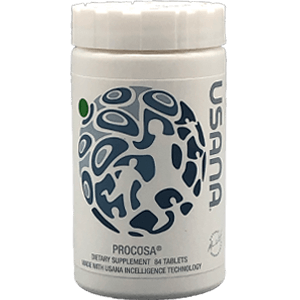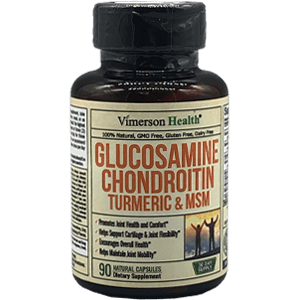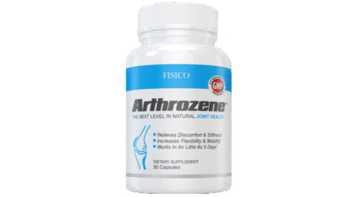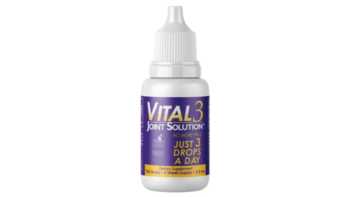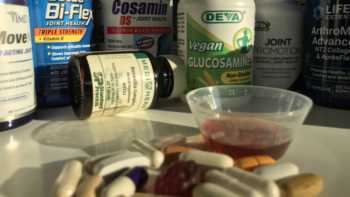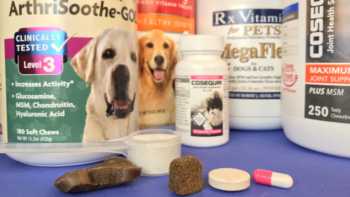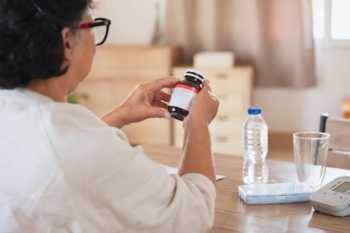Summary
-
Do supplements for joint pain and joint health work?
Several dietary supplement ingredients may help reduce joint pain (particularly of the knee or hands, but not the back or hip) due to osteoarthritis (worn joints), although the evidence is not overwhelming (see What It Does). As noted below, ConsumerLab.com tested the quality of products containing one or more of these ingredients.
Which joint health supplements are best?
About one-third of products selected for testing failed to provide the amounts of ingredients listed on their labels — with amounts ranging from just 1.8% to 62% (see What CL Found). Products that passed tests for quality are noted as "Approved" in the Results Table in the full review. Approved products that also provided high-quality ingredients at lowest cost — indicating superior value, were selected as CL's Top Picks).
-
How much to take?
- Glucosamine (including NAG) and chondroitin: These may be used separately, but most studies have looked at these in combination. Modest pain relief may take several months. Look for products providing a total daily dose of 1,200 mg of glucosamine (sulfate or HCl) with or without 800 mg to 1,500 mg of chondroitin sulfate. See What it Does — Glucosamine and Chondroitin and ConsumerTips: Glucosamine and Chondroitin.
- MSM: Although in many products, the evidence is very limited for MSM. In animals, it is used to treat muscle soreness. An optimal dose has not been established, but dosage typically ranges from 500 mg to 3,000 mg. See What It Does — MSM and ConsumerTips: MSM.
- Boswellia: The resin of this plant contains an anti-inflammatory compound, AKBA, so its effects should be felt within a few days or weeks. Note that if only Boswellia resin is listed, it is likely less potent than Boswellia extract (i.e., an extract from the resin), as only about 1% of the resin is AKBA, while 6% to 40% of the extract is AKBA. (We show the amount of AKBA found in each product in the Results table.) A typical daily dose of Boswellia extract is 100 mg to 250 mg. Taking Boswellia extract along with fatty foods may enhance absorption. See What It Does — Boswellia and ConsumerTips: Boswellia.
- Turmeric: Curcuminoids and other compounds in turmeric provide an anti-inflammatory effect that may provide modest benefit in rheumatoid arthritis and osteoarthritis, although no better than anti-inflammatory medicines. The typical daily dose ranges from 500 mg to 2,000 mg of curcuminoids (most of which is curcumin) from turmeric extracts, which may be as much as 95% curcuminoids. Products that have shown benefit are typically formulated for enhanced absorption, as curcuminoids are otherwise not well absorbed unless taken with meal containing fats. (For tests of additional turmeric products and more details about their use, see our separate Turmeric and Curcumin Supplements Review.)
- Collagen: Collagen may modestly improve join pain and flexibility in osteoarthritis, although effects can require two to six months of daily use. The type of collagen most studied for this use is undenatured collagen (such as UC-II and Vital 3), which is different from the hydrolyzed collagen typically used to improve skin appearance. (For tests of additional collagen products and more details about their use, see our separate Collagen Supplements Review.)
- Combinations: Although combinations are convenient, their formulas (other than glucosamine and chondroitin) typically have not been clinically tested. Before trying a combination, try products with specific, single ingredients and see which, if any, help. This approach can also be less expensive, as combinations are sometimes more expensive than buying each of the ingredients separately.
- Glucosamine (including NAG) and chondroitin: These may be used separately, but most studies have looked at these in combination. Modest pain relief may take several months. Look for products providing a total daily dose of 1,200 mg of glucosamine (sulfate or HCl) with or without 800 mg to 1,500 mg of chondroitin sulfate. See What it Does — Glucosamine and Chondroitin and ConsumerTips: Glucosamine and Chondroitin.
-
Joint health supplements safety, side effects and drug interactions:
Most of these ingredients can cause some gastrointestinal upset (such as nausea) and, although generally safe, some can interact with drugs (such as those for blood thinning), trigger allergies, or cause other side-effects. See Concerns and Cautions.
There is mixed evidence on whether or not taking glucosamine affects the risk of cardiovascular disease and death.

